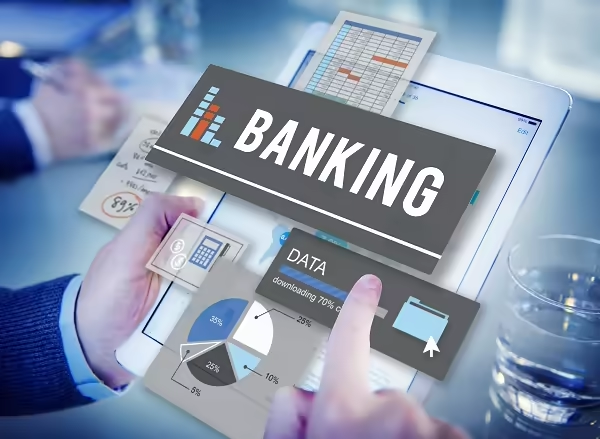The digital age has ushered in unparalleled convenience for managing our finances. From the comfort of our homes, we can shop, bank, and even apply for loans online. However, this convenience also brings with it risks such as scams, phishing attempts, and the theft of personal details. For those new to the realm of online transactions, understanding how to protect your financial details is paramount.
Essential Precautions for Online Transactions
Before diving into specific types of online financial activities, it's critical to emphasize the foundation of online security: antivirus software and firewalls. These tools are your first line of defense against malicious software and unauthorized access to your personal information. Ensure your devices are equipped with reputable antivirus software and that your firewall is activated before engaging in any financial transactions online.
Online Shopping Safety
The surge in online shopping has been a significant trend over the past decade, offering convenience and accessibility to consumers worldwide. However, this rise in e-commerce has also led to an increase in online scams. To shop safely:
- Trustworthy Sites: Always opt for reputable and well-known retailers. Access these sites directly through their official website or app, avoiding links that could lead to counterfeit versions of the site.
- Verifying New Retailers: When discovering new shopping sites, especially through social media, take the time to verify their legitimacy. Utilize search engines, read consumer reviews, and consult scam-tracking websites.
- Secure Payment Methods: Utilize payment options that offer buyer protection, such as PayPal or credit cards. These methods provide a safety net should you fall victim to a scam or fail to receive your purchase.
Safeguarding Online Banking
Online banking revolutionizes how we manage our finances, offering real-time access to our financial status and the ability to perform transactions instantly. However, the convenience of online banking comes with the necessity of stringent security measures:
- Confidentiality of Banking Details: Never share your online banking credentials. Opt for secure login methods, such as biometric identification or two-factor authentication, to enhance security.
- Official Banking Apps: Download your bank's official app only, confirming its authenticity with your bank if necessary. Avoid using biometric logins on shared devices to prevent unauthorized access to your account.
- Vigilance in Banking Activities: Regularly monitor your banking transactions and immediately freeze your cards through the banking app if they are lost or stolen, minimizing potential fraud.
Online Loan Applications
The process of applying for or managing loans online should be approached with caution:
- Direct Website Access: Always enter loan websites through their homepage URL rather than through links in emails, which could lead you to fraudulent sites. For example, if you're considering a service like "My Quick Loan," make sure to access it directly using its homepage link rather than a link in an email or a text message. This ensures that you are visiting the legitimate site and not a sophisticated phishing attempt designed to capture your personal information.
- Website Legitimacy: Before entering personal information, verify the authenticity of the loan site, especially if it's your first visit or if you arrived via a new route.
Advanced Security Measures
Beyond the specific advice for shopping, banking, and loan management, there are advanced security measures everyone should consider:
- Regular Password Updates: Change your passwords regularly and use complex combinations to thwart hackers.
- VPN Use: A Virtual Private Network (VPN) can provide an additional layer of security by encrypting your online activity, especially on public Wi-Fi networks.
- Education on Phishing Attempts: Stay informed about common phishing tactics, such as fraudulent emails or texts asking for personal information. Always verify the source before responding to such requests.
Conclusion
In the digital era, the responsibility of safeguarding our financial transactions online cannot be taken lightly. By adhering to the guidelines and precautions outlined above, you can significantly reduce the risk of financial loss and identity theft. Always remain vigilant, continuously educate yourself on the latest security practices, and remember that in the realm of online finances, your safety starts with you.



